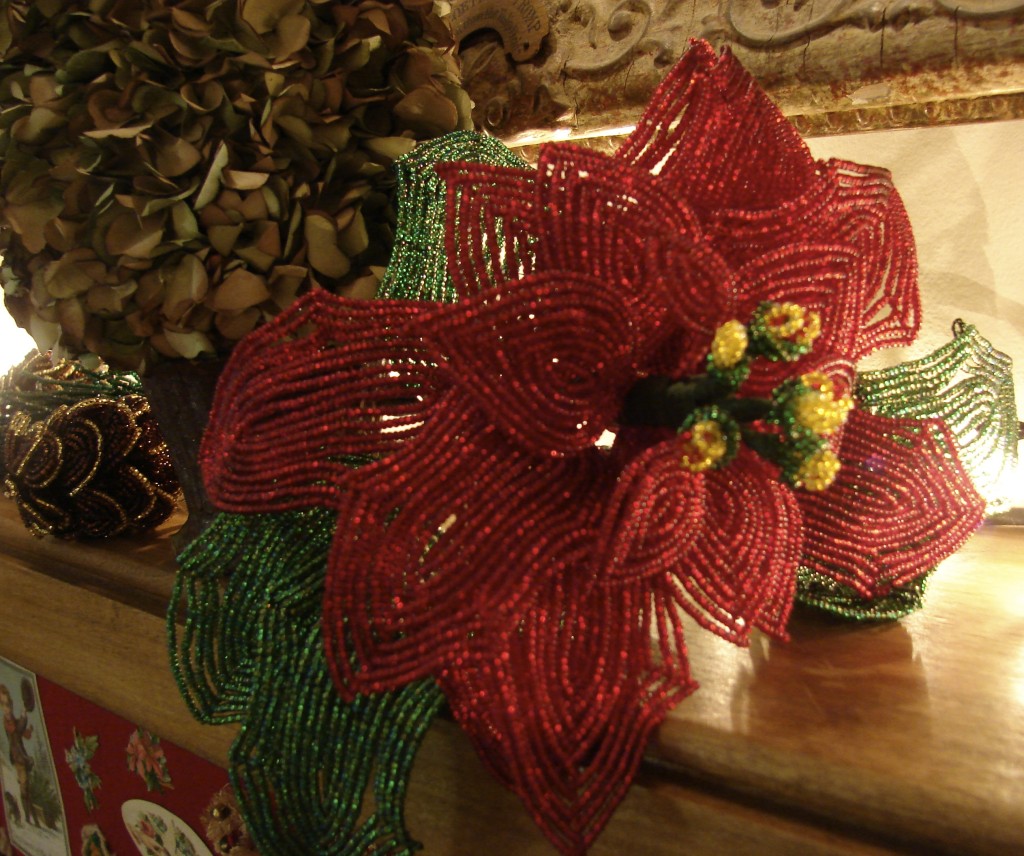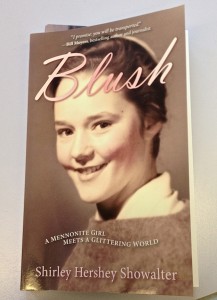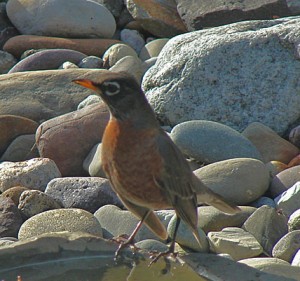The distractions of home renovation are beginning to ebb. Just a few more items to finish up and I’ll be happy to say goodbye to the workmen who have worked to fulfill our wants and needs. For the most part all has gone well, but I’ll be happy for them to leave me to my privacy and my home, without the sounds of saws, hammers, clouds of dust, muddy footprints, water spouting from the new tub with no way to turn it off, and the continual presence of those who don’t live here. The original time estimate of four weeks is now becoming six and though I do not like to wish away time, I will be extremely happy when it’s over.
What has probably frustrated me most over the last weeks, has been my inability of keep up a regular writing routine. There were constant interruptions and an inability to focus on my work. Over the holidays I celebrated the fact that I’m close to the end of the first draft of my book, with only a few more chapters to write. I knew that keeping up my regular writing schedule of two hours a day would be in peril while the work on the house started, but I was unprepared for the complete shutdown that took place as I waded through the ins and outs of recreating a home that is comfortable and helps to keep me happy and healthy.
This past week I was able to get started on a new chapter of my book and was hit once again by how the tiniest of memories can come to the surface, when I least expect them, giving me answers to questions I’ve contemplated for a long time. One of the things I do that my husband questions me about almost every day, is that I’m always saying, “I’m sorry.” It doesn’t matter whether it’s something I’ve done or not, my response to whatever the problem is always, “I’m sorry.” I’ve spent hours wondering where in the world those words came from and have continuously tried to stop saying them. But after many years, they still slip out of my mouth in the unconscious way that habits have.
As I started delving into the spiritual journey I’ve been on throughout my life, I came up with the answer I believe I’m been looking for. As words about my early Catholic experience seemed automatically to appear on my screen, I wrote the following:
“I was extremely disturbed by the idea of having to go to confession every week inside a small, closet-like box, to tell a strange man dressed in black a list of things I had done wrong. I could not see his face through the screen between us and knew I had never met him before. On the occasions when I was forced through that terrifying process, I often made up sins just to satisfy what I thought the requirements were. It didn’t seem to me that telling a white lie to save myself from embarrassment or punching my brother out for blaming me for something he had done, seemed trivial and not sinful enough. Afterwards kneeling in a pew and doing penance, I usually spent my time wondering if the prayers I was told to say but couldn’t remember the words to would really make a difference in whether or not I would be forgiven. So just to be on the safe side, I would repeat, “I’m sorry,” over and over again for all of the horrific things that I had and hadn’t done.”
So there was my answer to the mystery of those two word, “I’m sorry,” that seem to be such a large part of my life. I still say them, but at least now I know why I say them and can laugh at myself for my folly. I did quit smoking many years ago, so perhaps with time I’ll be able to quit the “I’m sorry” addiction, too.
Do you have any small, crazy habits that drive you nuts? Do you know how they got started?






